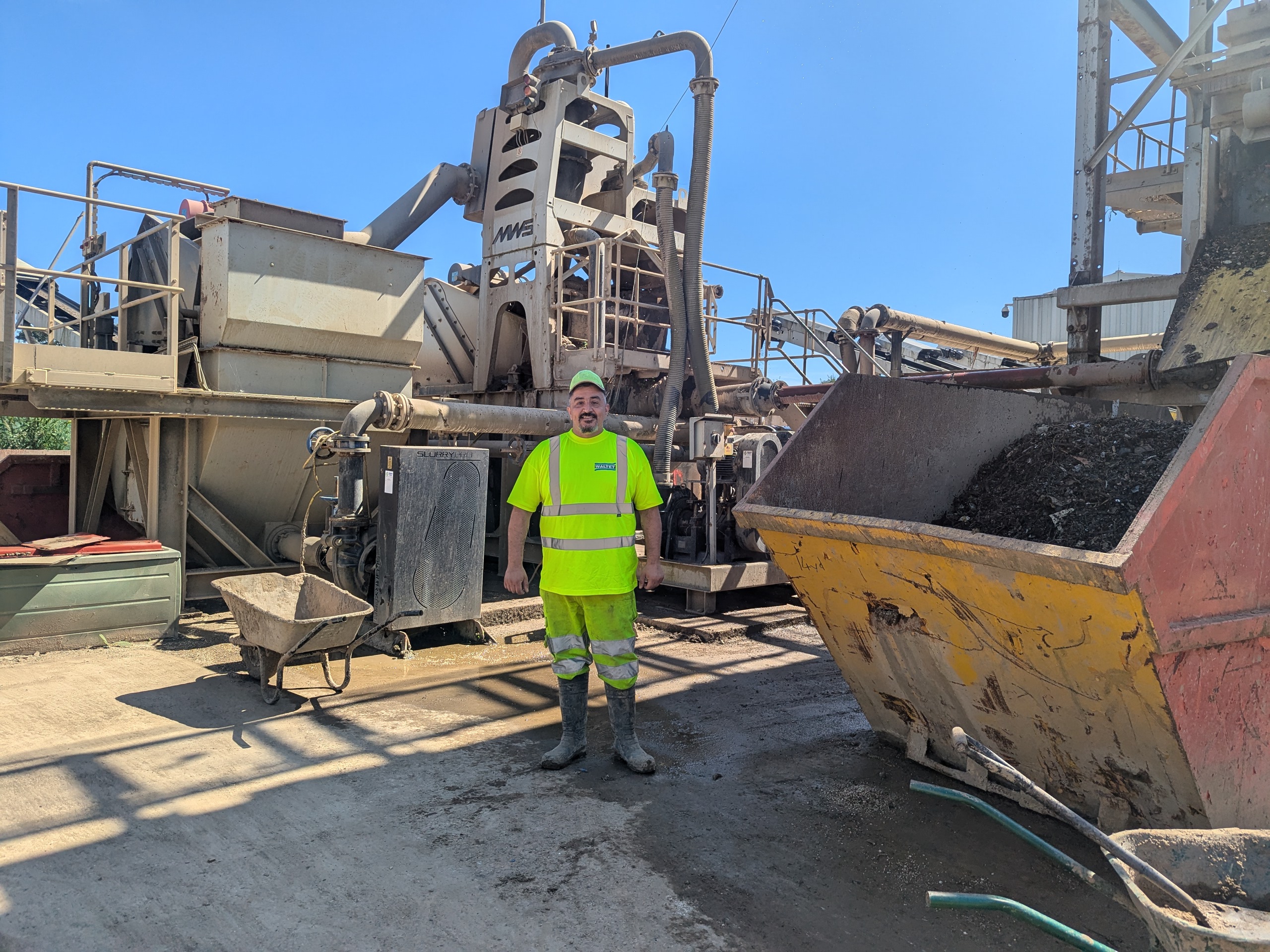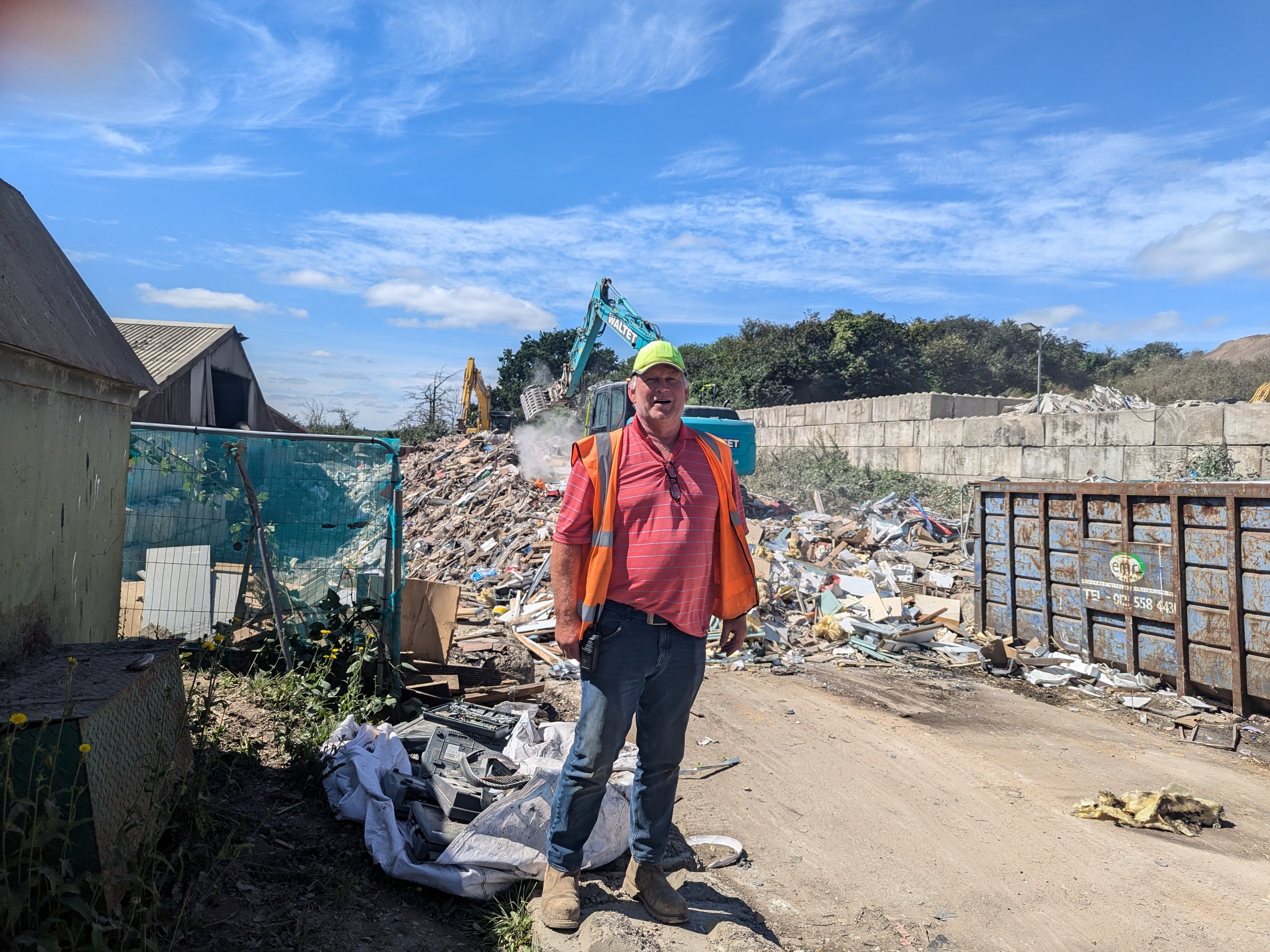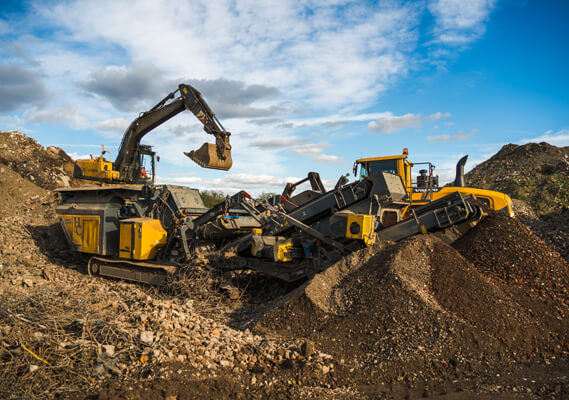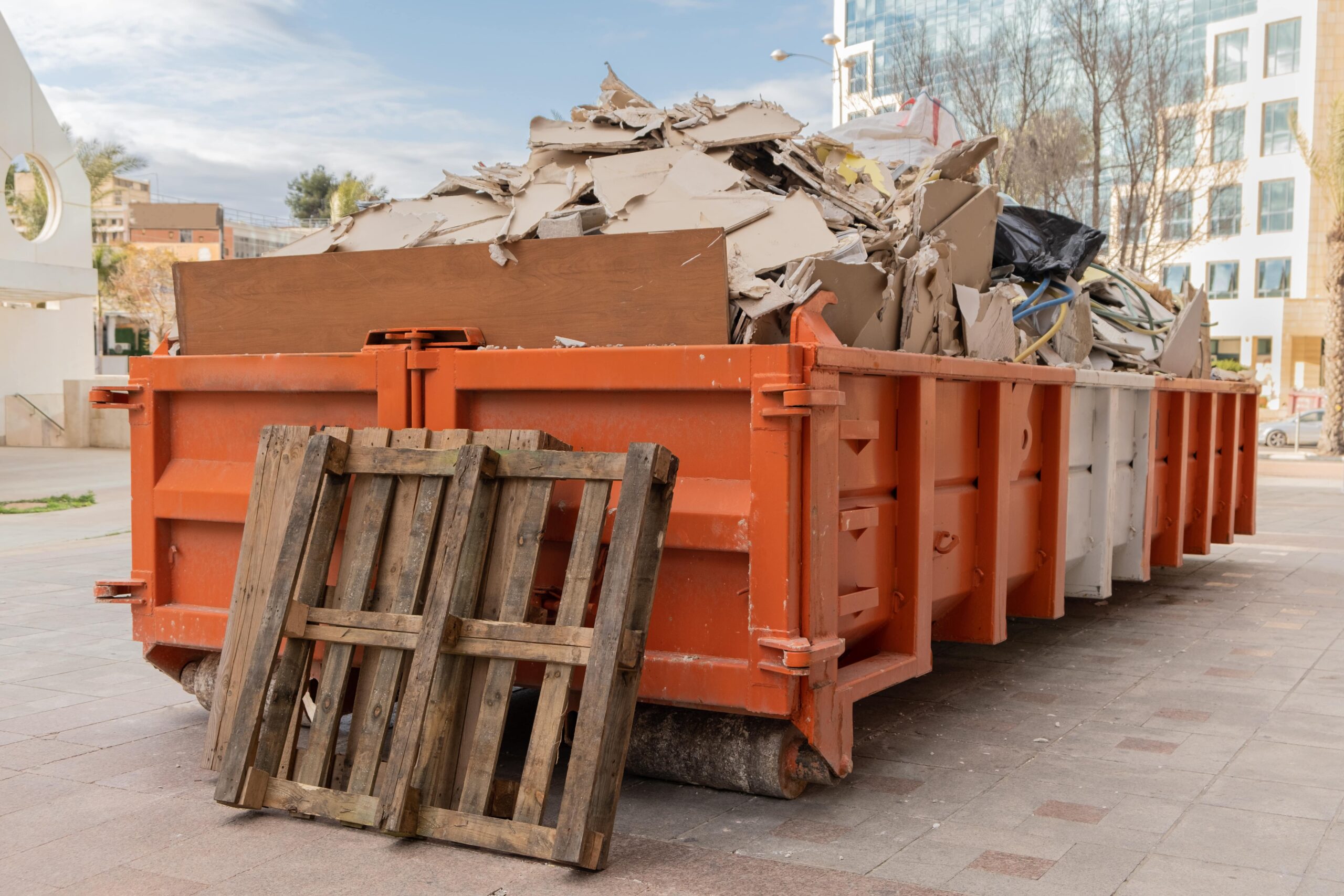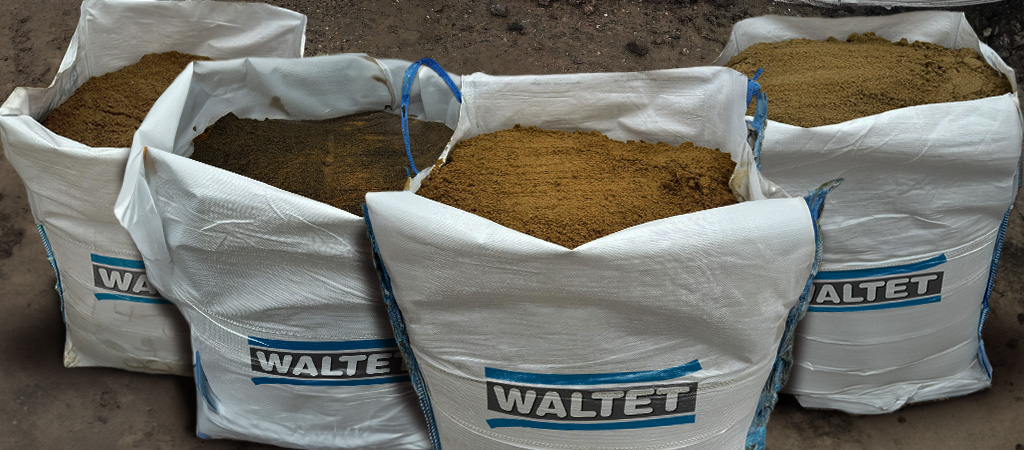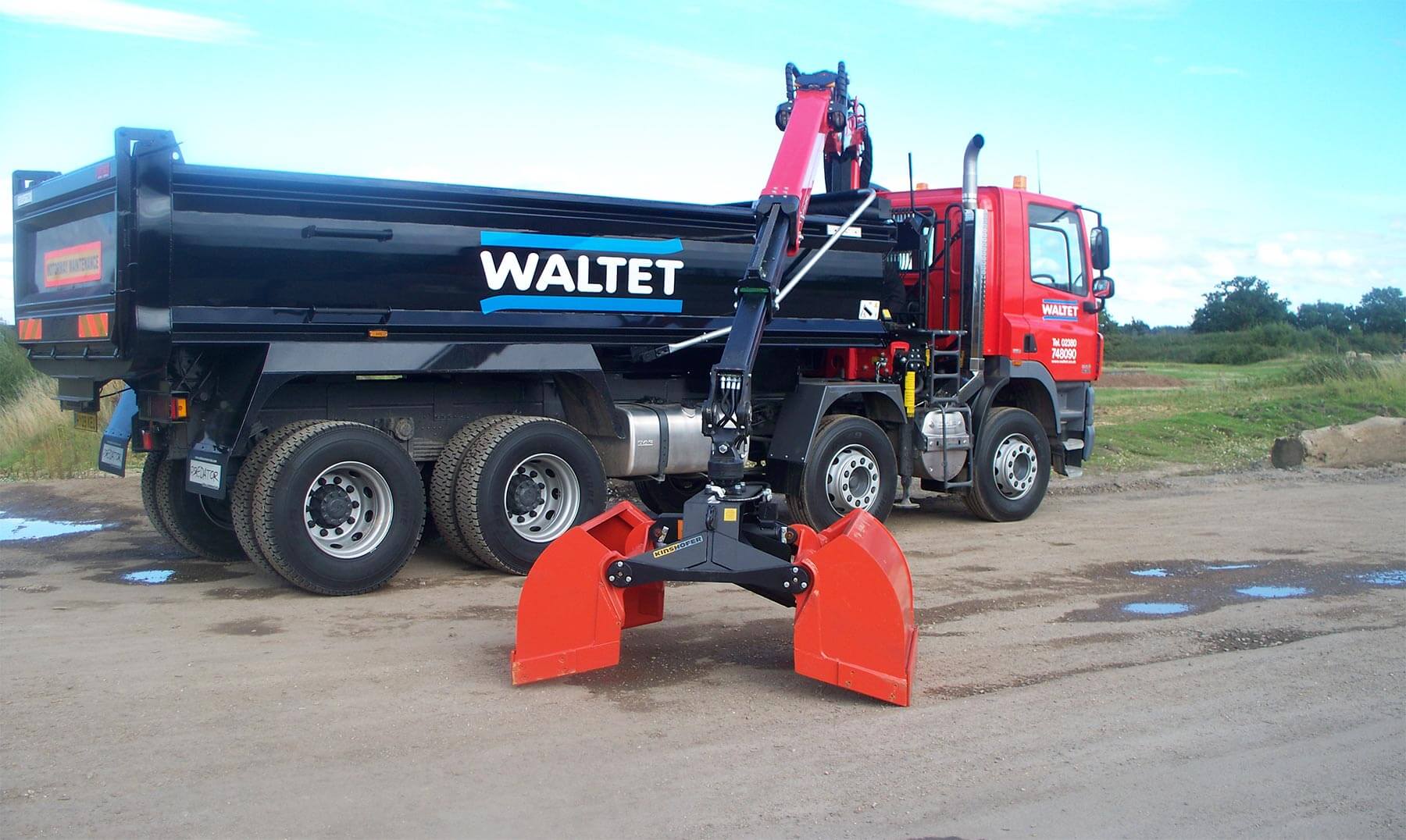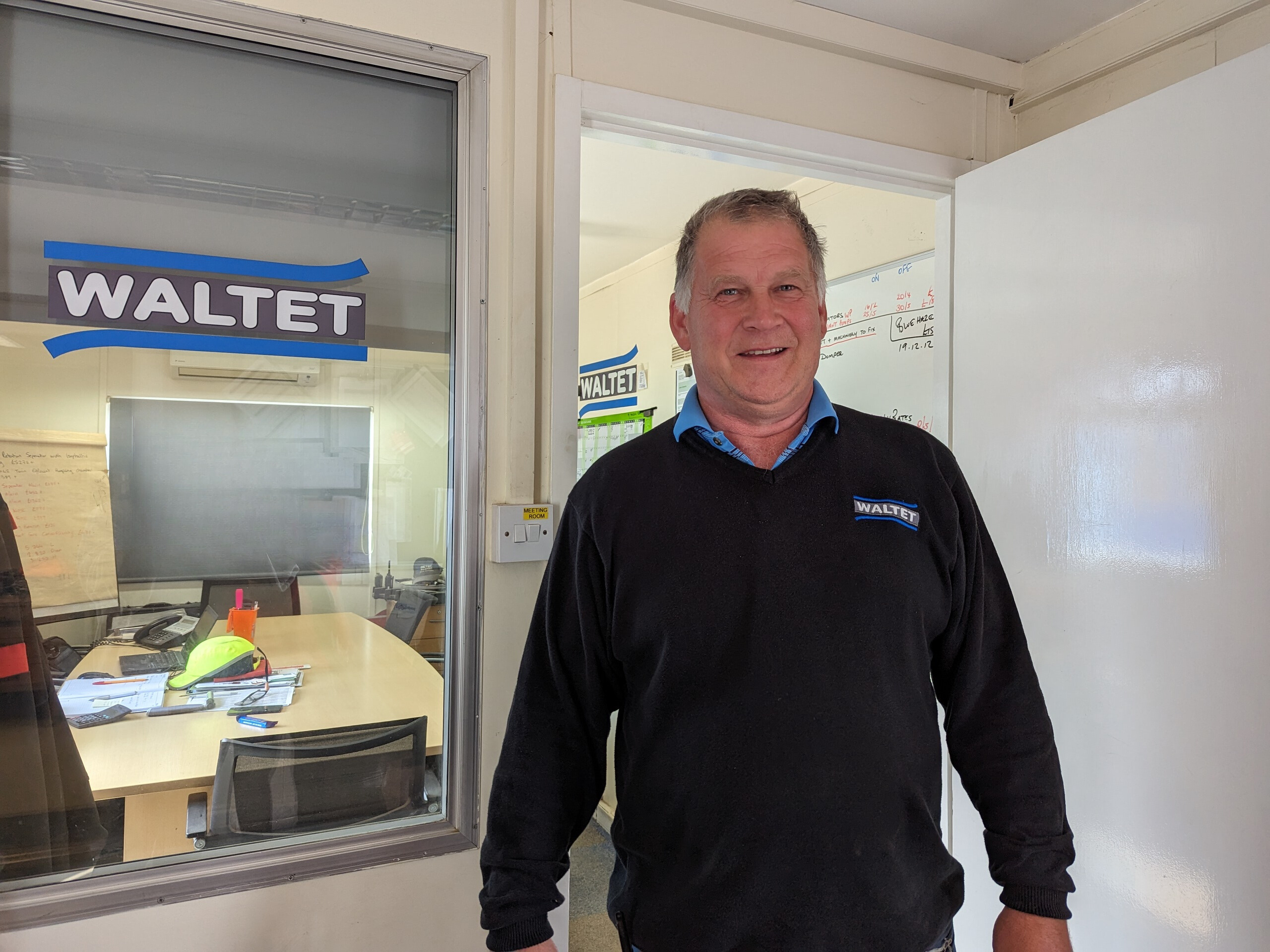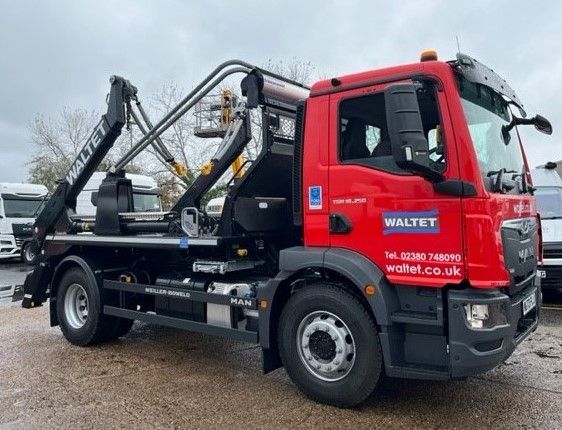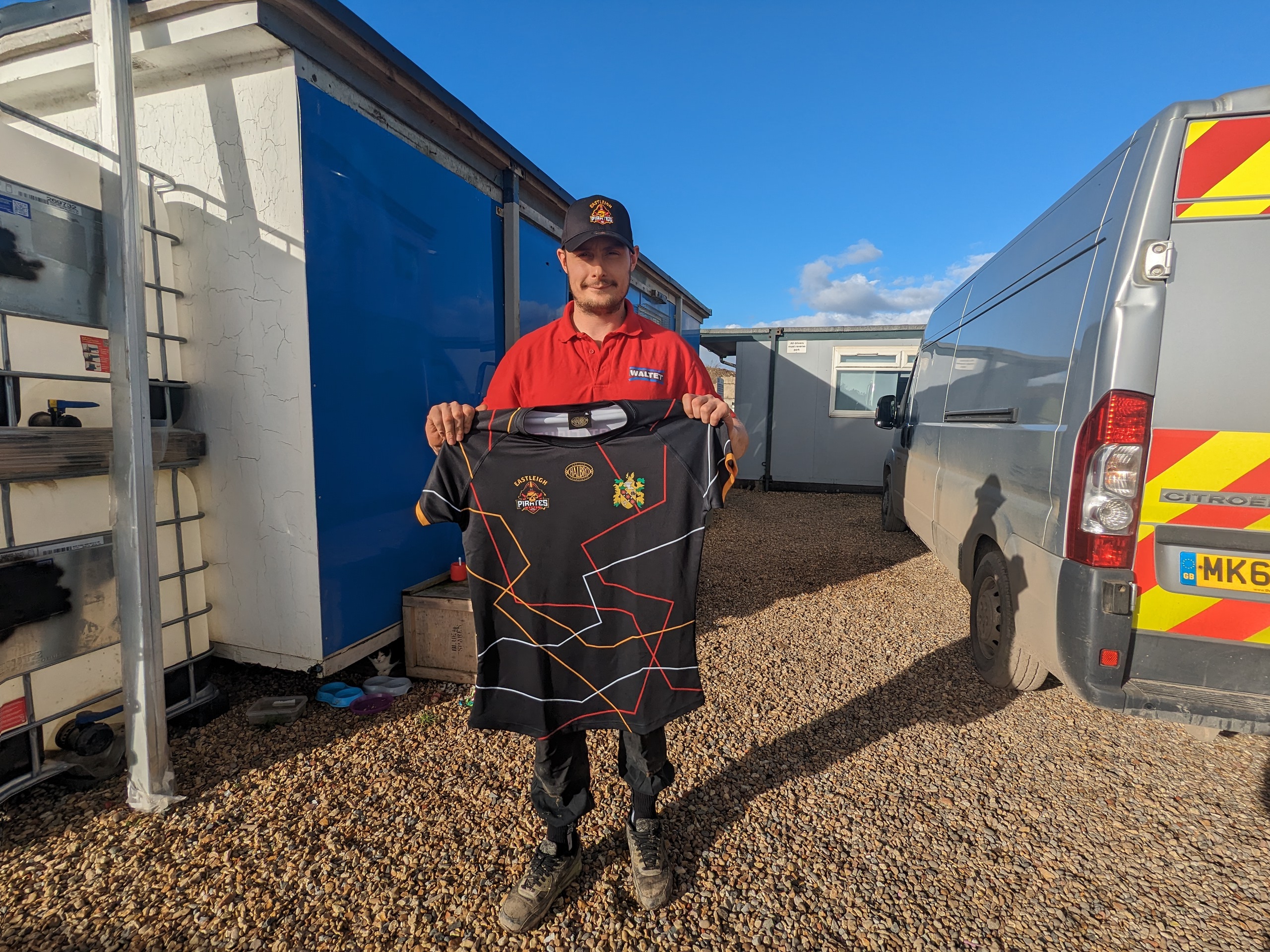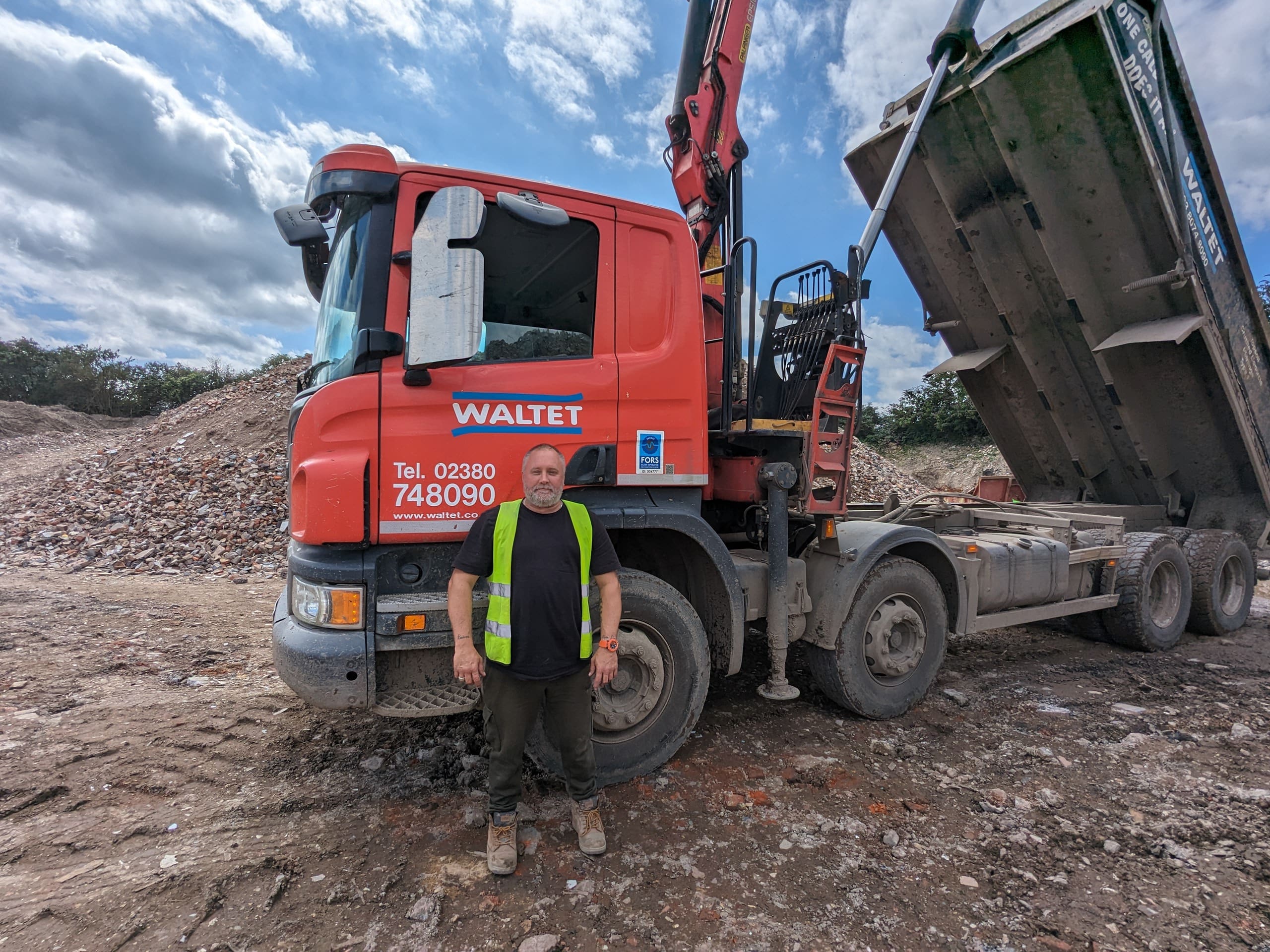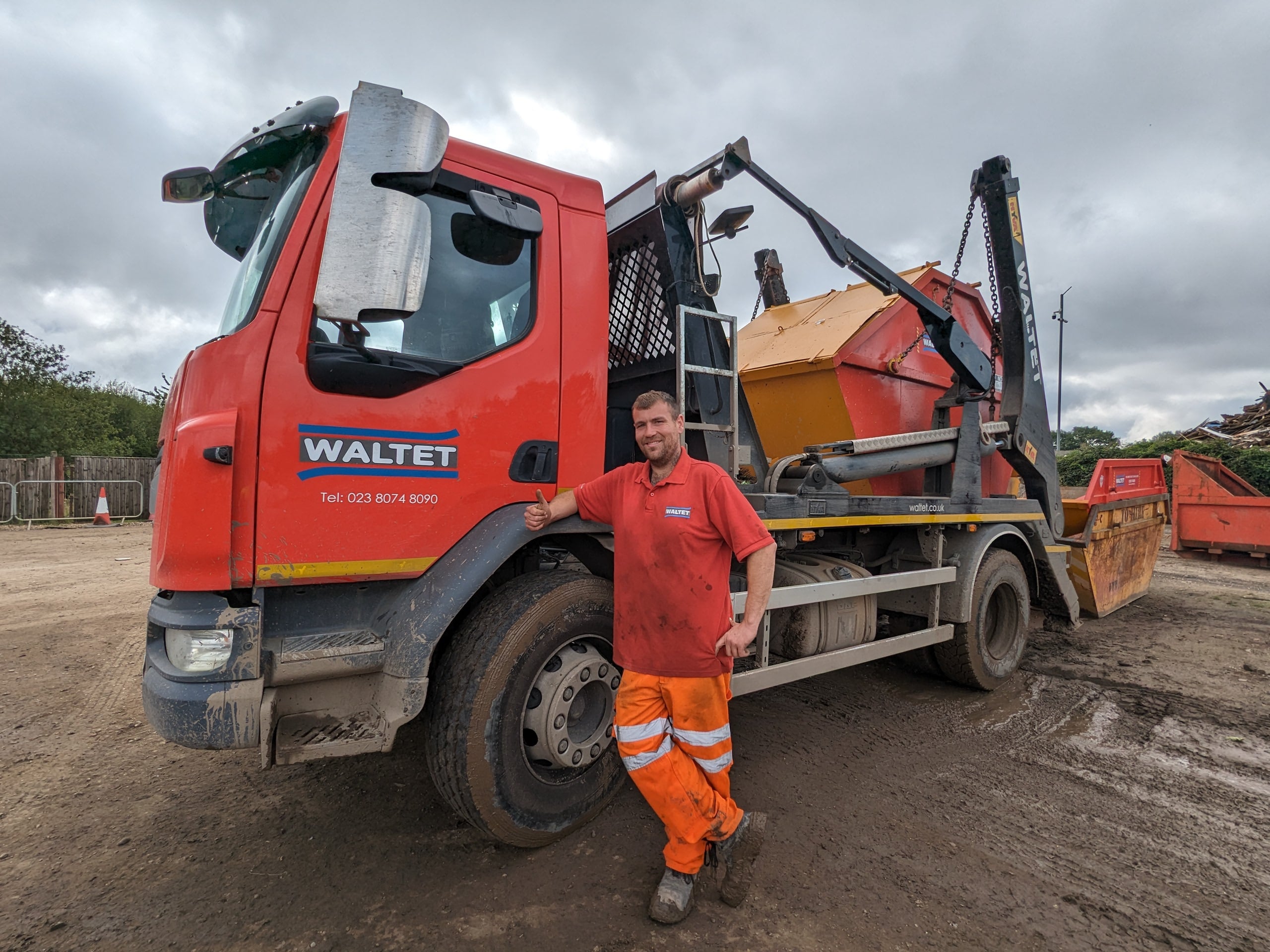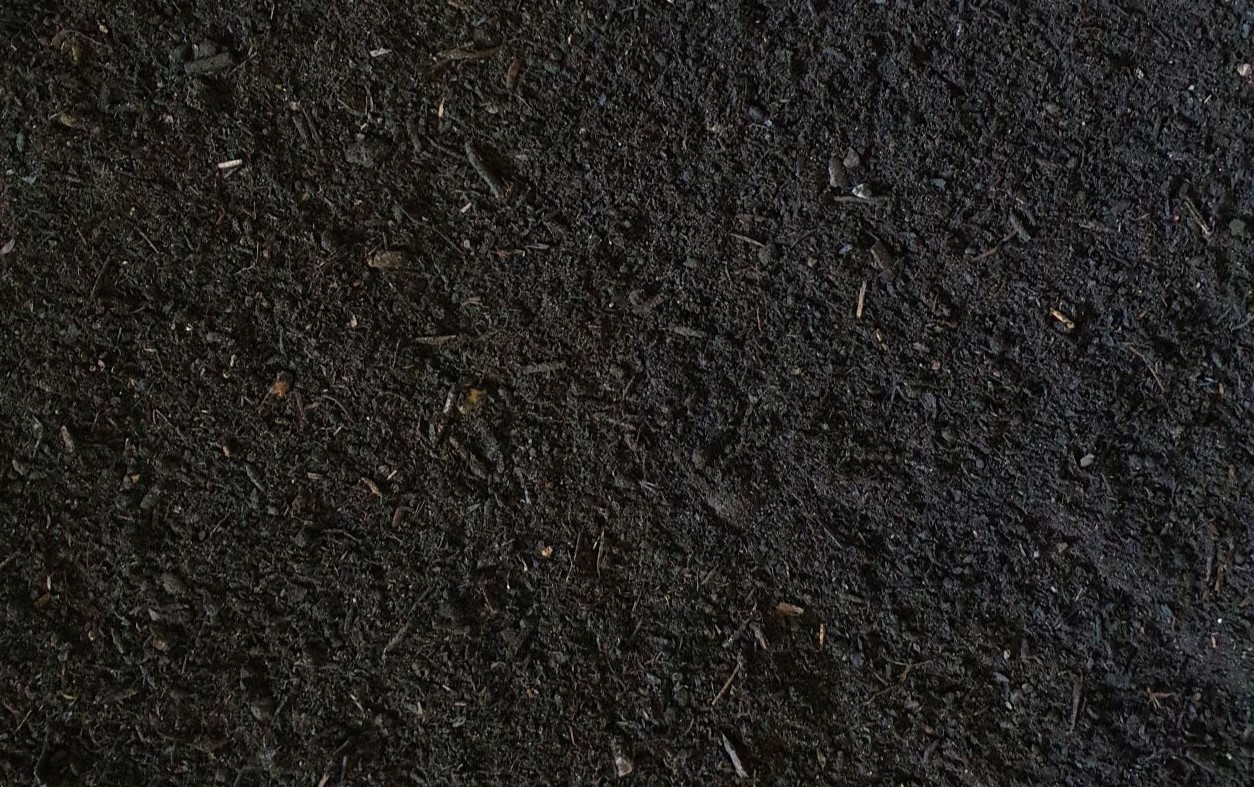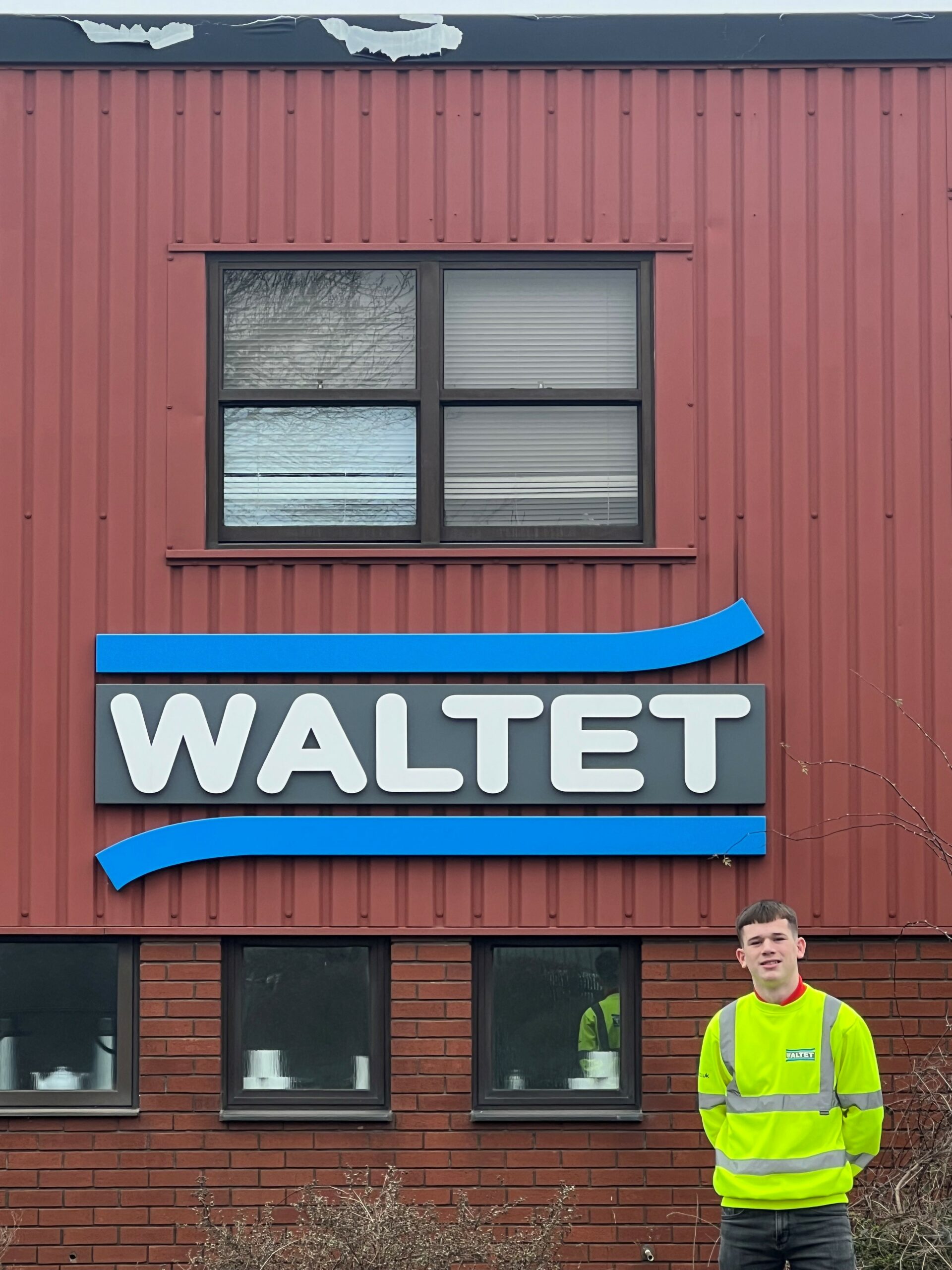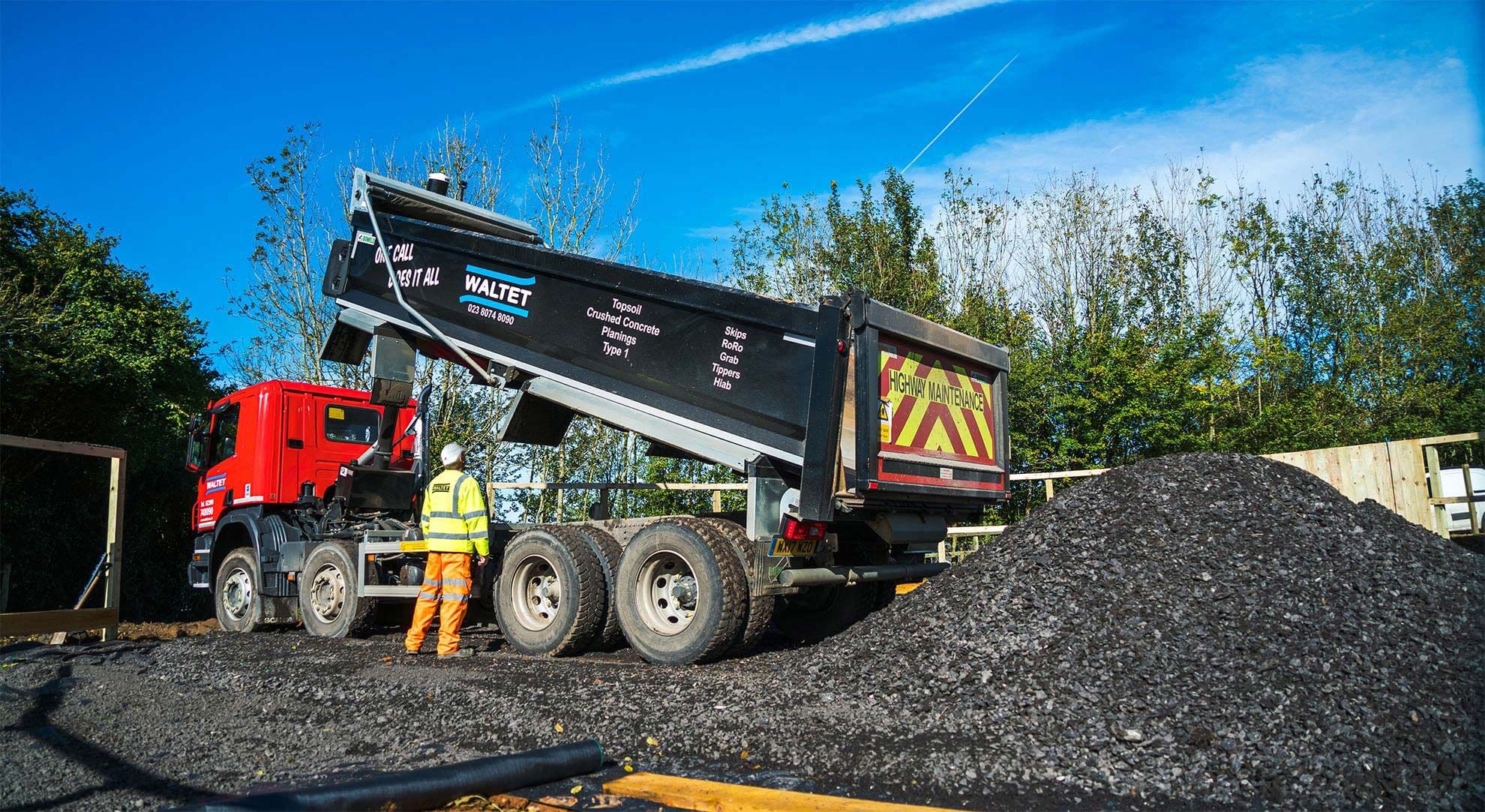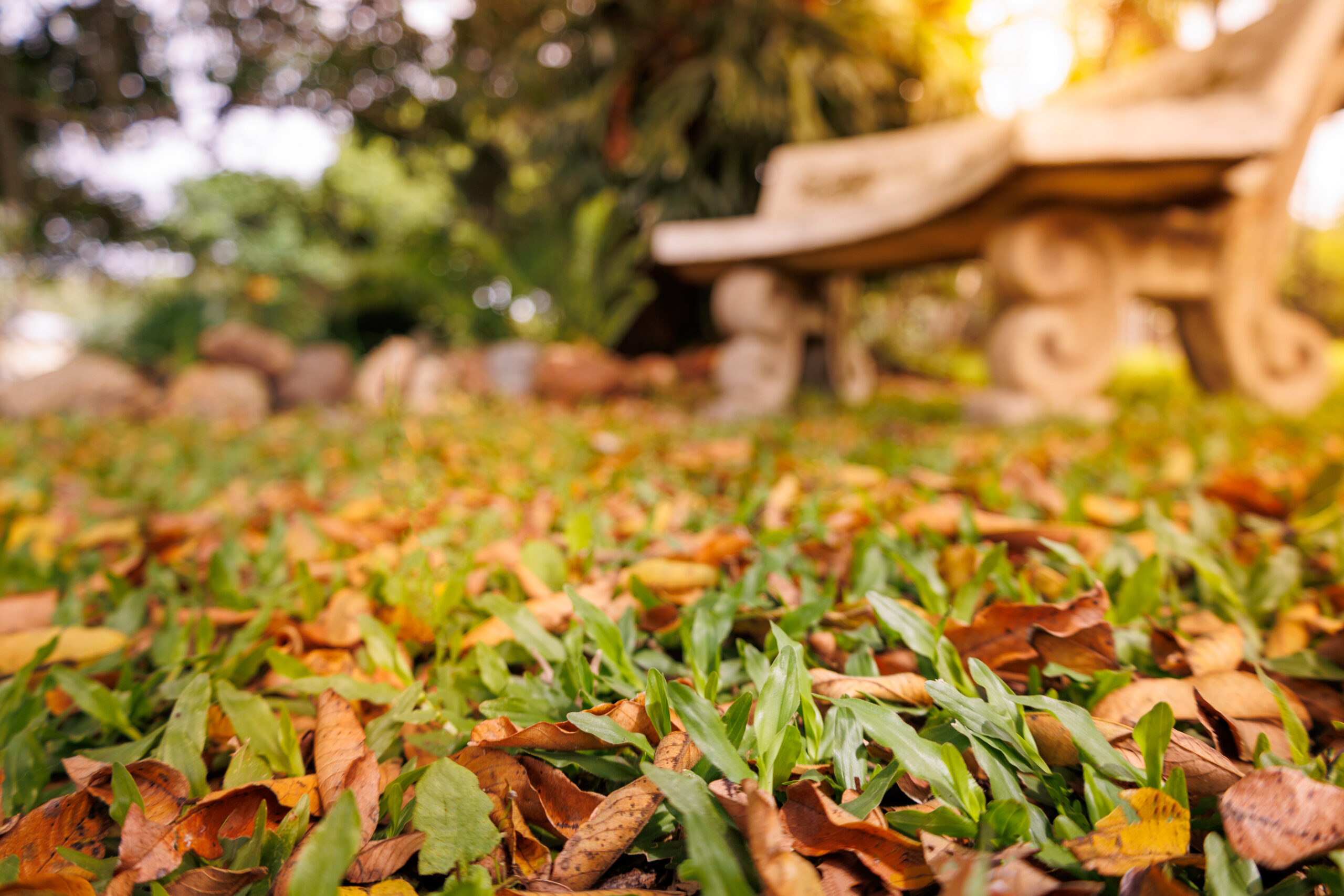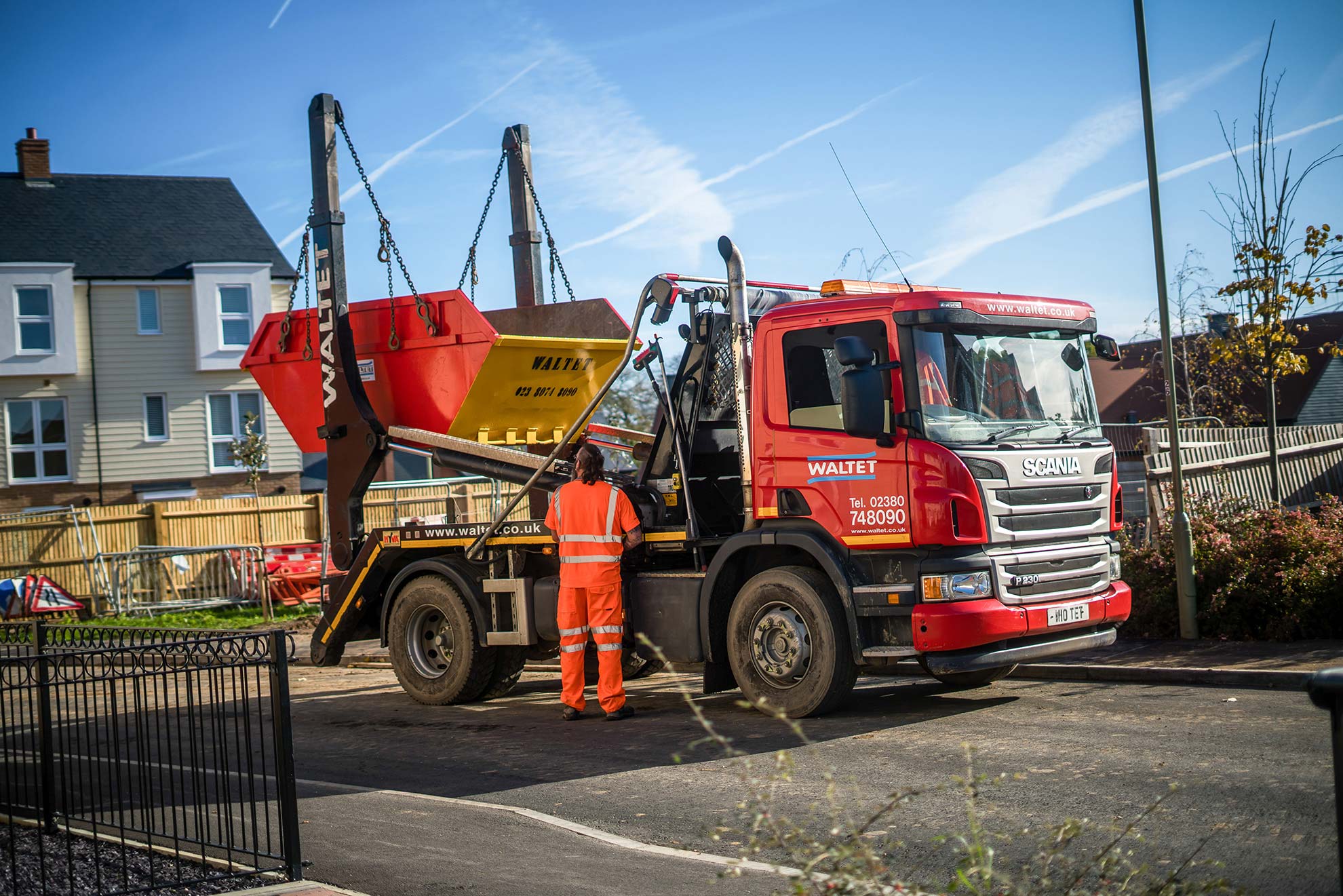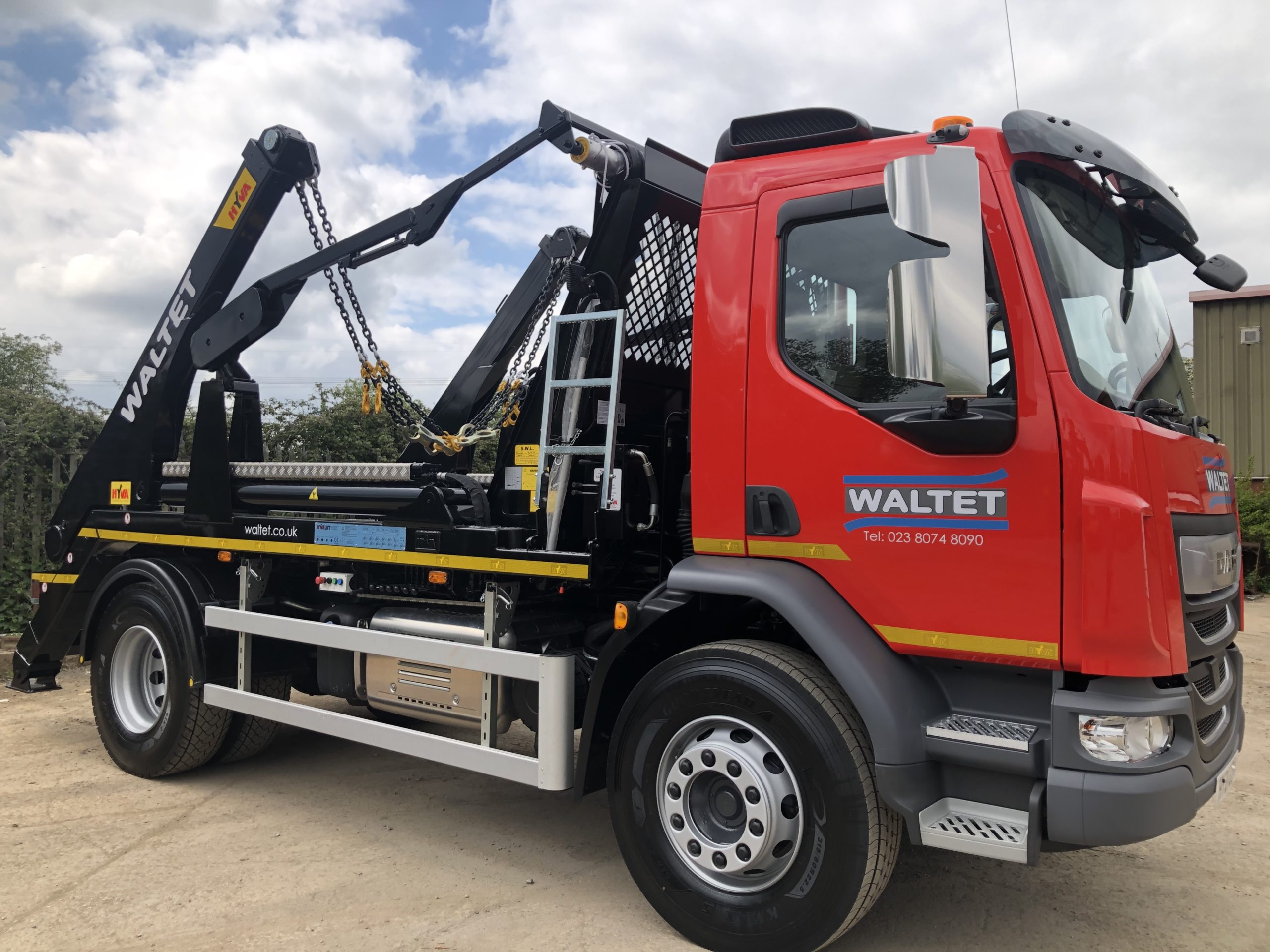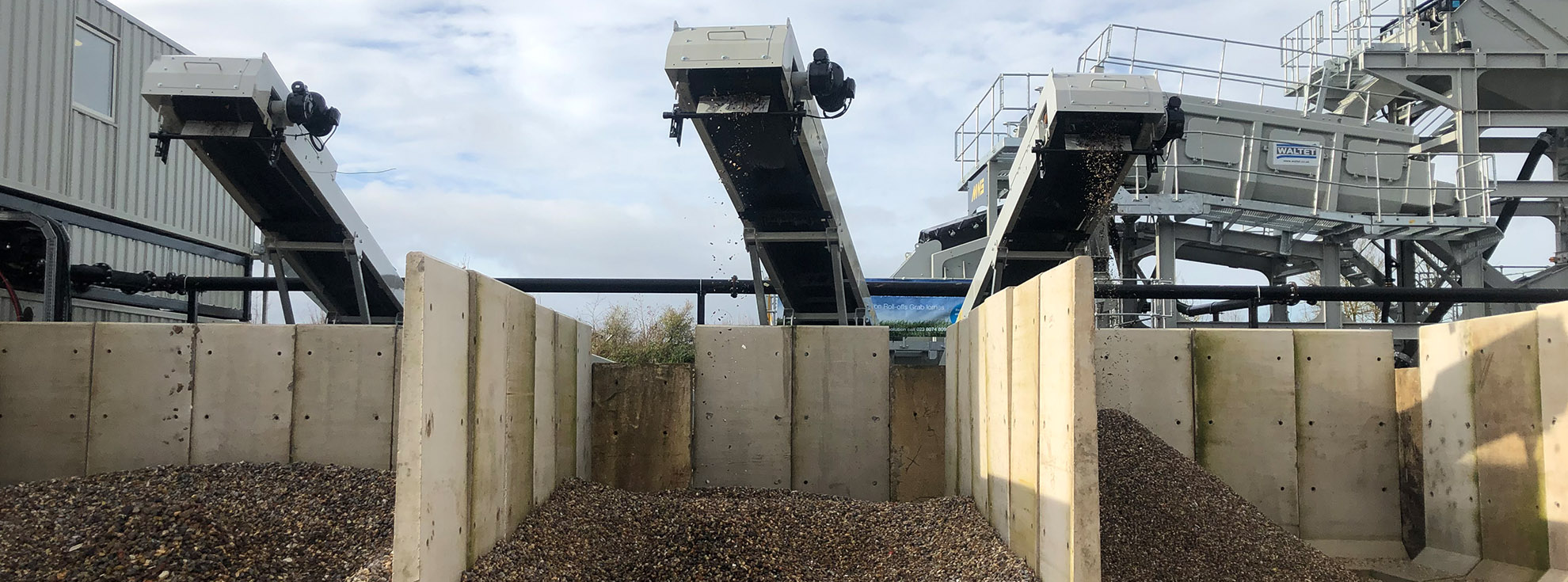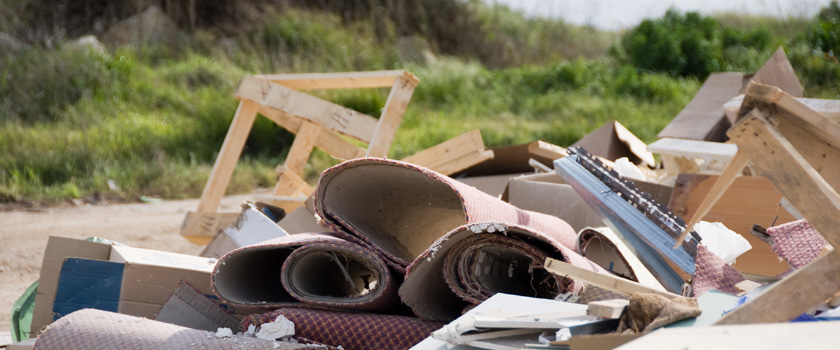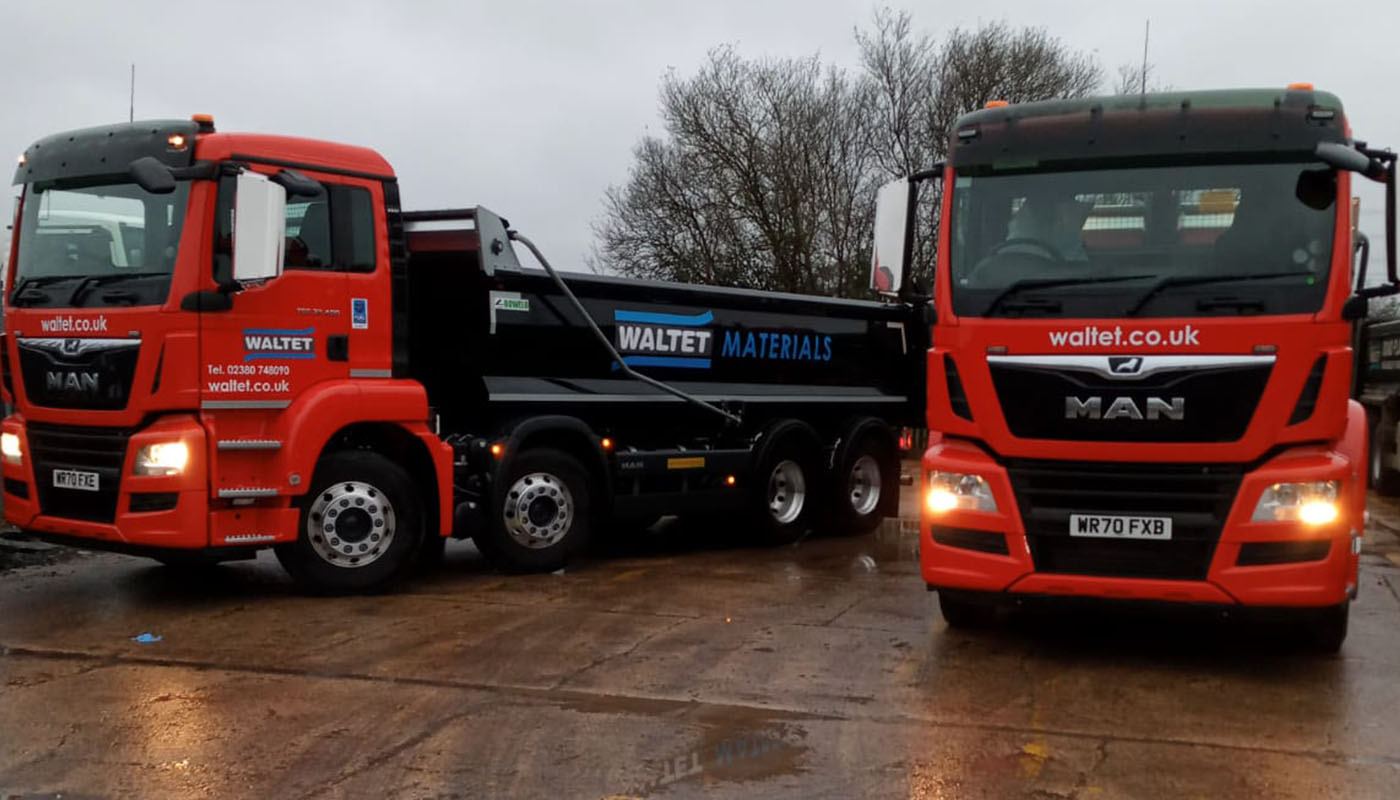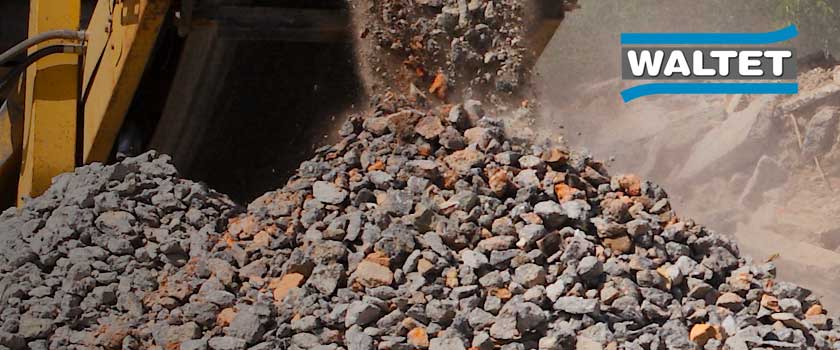Frequently Asked Questions
How much does it cost to hire a skip?
The cost of skip hire is dependent on the size of skip you require, the type of waste you are disposing of and where it needs to be delivered to. Our cost includes delivery of the skip, an agreed hire period, collection of the skip and disposal of the waste.
How do I hire a skip from Waltet?
Our skips can be ordered and paid for online or by contacting our dedicated skip hire team by calling 023 8074 8826. We accept all major credit cards. The team can also help you choose the right skip size and discuss any special arrangements you may have.
When will my skip arrive?
If you order your skip by lunchtime we usually deliver it the next day, and we work hard to fulfil specific requests. Skips are delivered Monday-Friday between the hours of 7am-4.30pm and on Saturdays from 7am-12.30pm. There are no services during bank holidays.
Do I need to be there when my skip is delivered?
Our skips are paid for prior to delivery, so we don’t require you to be present for the skip to be delivered. Please provide us with any necessary information about access and where the skip needs to be placed.
How long will I have the skip for?
Our standard hire period is two weeks, although we can arrange a collection sooner if you wish. We can also extend your hire period and charge on a weekly basis.
Do I require a permit?
If the skip is going to be on a public highway or council owned property, you need to arrange necessary equipment, such as cones and lighting, to comply with regulations. Waltet arrange a skip permit for you through your local council. Please ensure that your drive is strong enough to take the weight of our vehicle and the loaded skip before ordering skips to be placed off of the road.
What can’t I put in my skip?
There are some items that are classified as hazardous or toxic – Waltet can arrange specialist disposal, please contact us for more information.
Please refrain from adding the following to your skip:
- Asbestos
- Plasterboard
- Televisions
- Computer monitors
- Electrical and electronic equipment (WEEE)
- Fridges or freezers
- Fluorescent tubes
- Food waste
- Cooling Equipment
- Mattresses
- Clinical waste, including syringes or needles
- Oil, petrol, diesel, grease or lead-based paint and their cans or containers
- Printing ink
- Pressurised containers, like gas bottles
- Liquid waste
- Creosote and the cans and containers
- Batteries
- Car engines or tyres
- Treated wood (please see guide here)
Waltet cannot accept clay or chalk, in any of our skips but we can arrange the disposal, please contact us for further information.
What happens to my waste?
Your skip waste is collected and taken to our licenced recycling facilities, located in Romsey . There it is screened and waste types are segregated for either recovery or recycling. Waltet has an exceptional record and recycles on average over 90% of waste in every skip, sending as little as possible to landfill.
Loading Your Skip
Plan How to Load You Skip The best way to avoid overfilling a skip is to estimate the amount of waste you will have and order the correct size of skip. If you carry out renovation work or clearance, it is a good idea to pile up the waste in available space to see how much there is. Then order a skip slightly bigger than what you think you will need. Having the waste ready to go into the skip when it arrives will save time. Filling it quickly also means that there is less chance for fly-tippers to take advantage of your skip and overfill it for you! Prepare for the arrival of the skip by planning how you will load the waste into it.
Load the Skip Evenly Once you are ready to load the skip, load any flat items in first, at the bottom and around the edges. However, make sure that nothing sticks up above the edges of the skip. Then load bulky and heavy items into the skip, filling as much of the space as possible by fitting the larger items together. You can then fill in any gaps with smaller items until the skip is full up to the line at an even level.
Do Not Overload the Skip If you do not plan carefully how you will load the skip with all of the waste materials that you have gathered, then it is easy to end up overfilling it. If you pile the waste too high then you will be breaking the regulations and making the skip unsafe. Some people use “greedy boards” to try to fit more into their skips. Lining the sides of a skip with upright planks or doors to create more space by extending the sides of the skip. However, this is not legal and is frowned upon by all skip hire companies. Your skip will not be balanced, and it is more likely that things will fall out of it when it is overflowing. This is a hazard to anyone nearby and makes it difficult for the skip to be removed.
Safe and Legal Skip Hire Skip hire is not always cheap, so it is understandable that you might want to make the most of a skip without having to pay more for a bigger or additional skip. However, overfilling a skip will only ever cause more problems rather than resolve them. Overflowing skips can cause an obstruction and be a nuisance, especially if the skip is kept on the street. You are responsible for the contents of the skip, so you will have to pay fines or face prosecution if you do break skip hire regulations. You will have to remove the excess waste and dispose of it yourself in some other way. Or even if they do agree to remove all of the waste, they will charge you extra for doing this. It is not worth increasing the cost.
